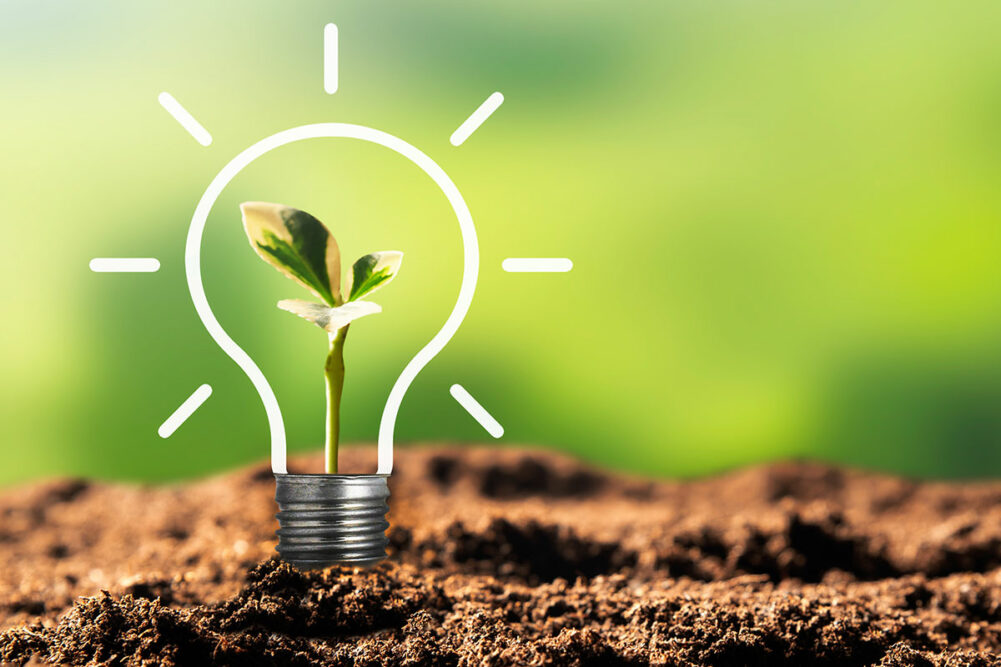KANSAS CITY — Sustainability is the food and beverage industry’s trend of the year. While it may be unconventional to declare a trend of the year before the year is out, enough has happened during the past seven months to warrant such a declaration.
Credit must be given to Innova Market Insights, Arnhem, The Netherlands, which noted at the beginning of the year that, for the first time, consumers participating in the market researcher’s Lifestyle and Attitude Survey said health of the planet is their top global concern rather than health of the population. More specifically, Innova found product launches carrying environmental claims are growing at three times the pace of total food and beverage activity.
Innova’s insight came on the heels of the 2021 Consumer Goods Forum, which highlighted sustainability’s emergence as a significant trend as consumers stepped out from the worst of the COVID-19 pandemic. Speakers from the Boston Consulting Group pointed out at the time that people ranked sustainability of a product as a top three choice when making a purchase.
Food and beverage manufacturers large and small have endeavored to keep in step with consumer interest in sustainable products. Very often such efforts have been associated with the manufacturing process or packaging. Such initiatives include the use of renewable energy in processing, implementation of zero-waste supply chains, the purchase of carbon credits, or the use of recyclable or compostable packaging, to name a few.
While worthwhile, these actions focus on process over the actual formulation of a product. That’s why this year’s Institute of Food Technologists Annual Meeting and Food Expo in Chicago, also known as IFT FIRST, was so important. It was at that event where the sustainability trend appeared to reach a tipping point as numerous suppliers showcased individual ingredients produced through sustainable initiatives.
Leading the way were companies exhibiting ingredients sourced from upcycled raw materials, and included Apparo, Inc. (sunflower seed meal), EverGrain Ingredients (barley grains), Nutraberry (berry seeds), and Upcycled Foods Inc., formerly known as Regrained (spent brewers’ grain). Those ingredients that have achieved the Upcycled Food Association’s certification standard may now be associated with the benefit of reducing food waste.
Other suppliers were promoting ingredients produced with regenerative production practices or with the use of artificial intelligence or precision fermentation in order to accelerate production and limit environmental impact. While entrepreneurs like Perfect Day, which has created animal-free dairy ingredients, did not exhibit at the show, they are an example of another source of growth in the development of sustainable food and beverages.
The summer of 2021 was one of the hottest on record. Temperatures in the summer of 2022 are keeping pace and may exceed 2021. The extreme heat has led to massive wildfires, drought across large swaths of the country and power outages from too much demand for energy.
Consumers are seeing, hearing about and experiencing the impact of climate change and now expect the companies they do business with to be proactive in mitigating its effects. In this vein, the food and beverage industry has a positive story to tell, and this year’s IFT FIRST was a compelling next chapter.





